The key element of EU enlargement is the Western Balkans, which Hungary considers a priority .
A csatlakozásra váró nyugat-balkáni régiót hat partner alkotja: Albánia, Bosznia-Hercegovina, Észak-Macedónia, Montenegró, Szerbia és Koszovó.
Many of the Western Balkan countries have been waiting decades to join the EU. North Macedonia and Albania officially became candidates in 2005 and 2014 respectively. Formal negotiations with Albania have just recently started. Serbia was granted candidate status in 2012 and started accession negotiations in 2014, while Montenegro back in 2012. Bosnia and Herzegovina applied for membership in 2016. Although not yet a candidate country, Kosovo signed a Stabilization and Association Agreement with the EU in 2016.
EU opens first stage of accession negotiations with Albania
It is of historic importance that the European Union has opened the first chapter of EU accession negotiations with Albania, with a view to the country becoming a member of the European Union as soon as possible, Hungary's minister of foreign affairs and trade said in Luxembourg on Tuesday. Speaking after the second intergovernmental conference between the European Union and Albania, Peter Szijjarto said that the Hungarian Presidency's agenda will focus on accelerating EU enlargement in the Western Balkan countries. The minister stressed that it was a great privilege and honor for Hungary that substantive negotiations with Albania had begun during the Hungarian Presidency. He recalled that the last time preparations for the accession of a candidate country, were completed was Croatia in 2011, during the first Hungarian EU Presidency. He expressed the hope that "we will not have to wait until the next Hungarian Presidency for a country to become the next new member of the European Union".
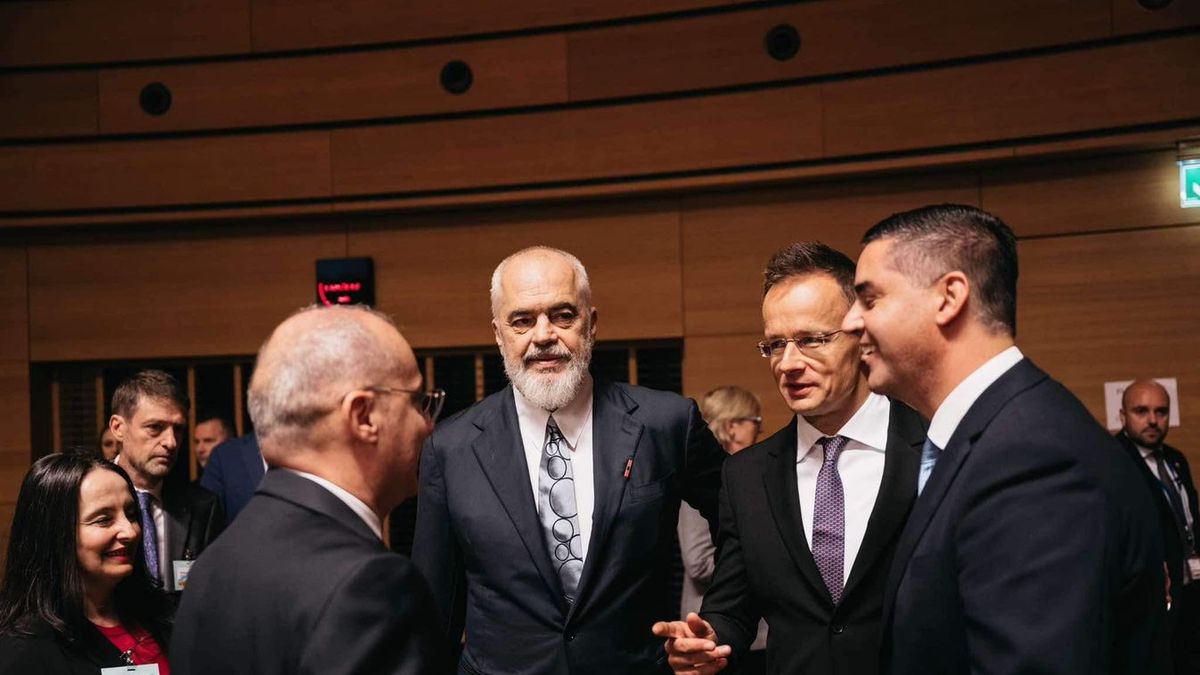
More than twenty years ago, the region received a promise from the European Union that it would one day become a member of the community, but so far this has hardly materialized, said Julianna Armas, a researcher at the Hungarian Institute of Foreign Affairs.
She added,
Only Croatia has, strictly speaking, became a member in 2013 and since then the others have progressed to a greater or lesser extent in the accession process.
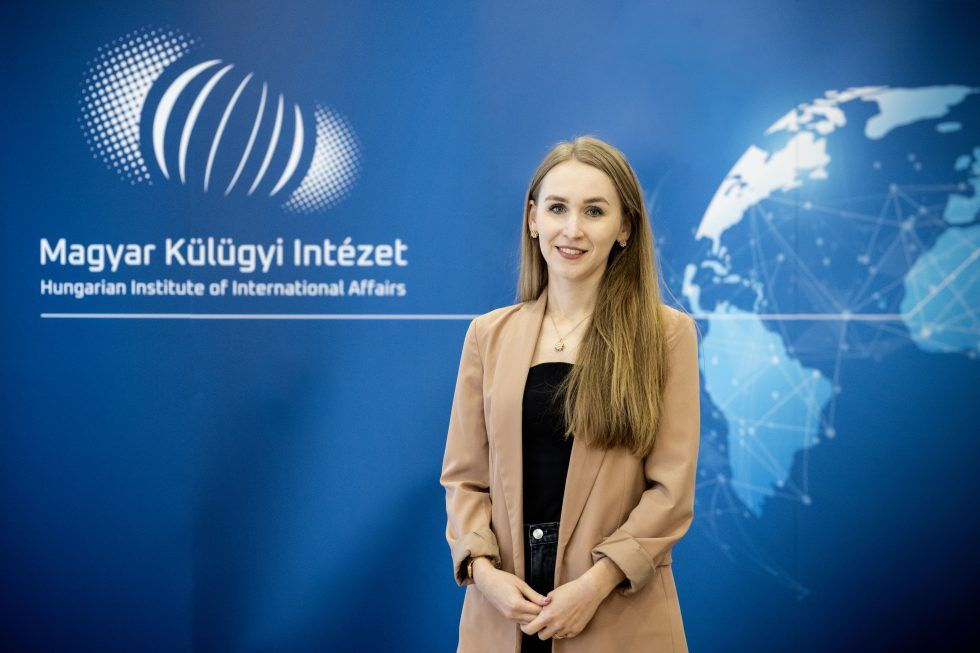
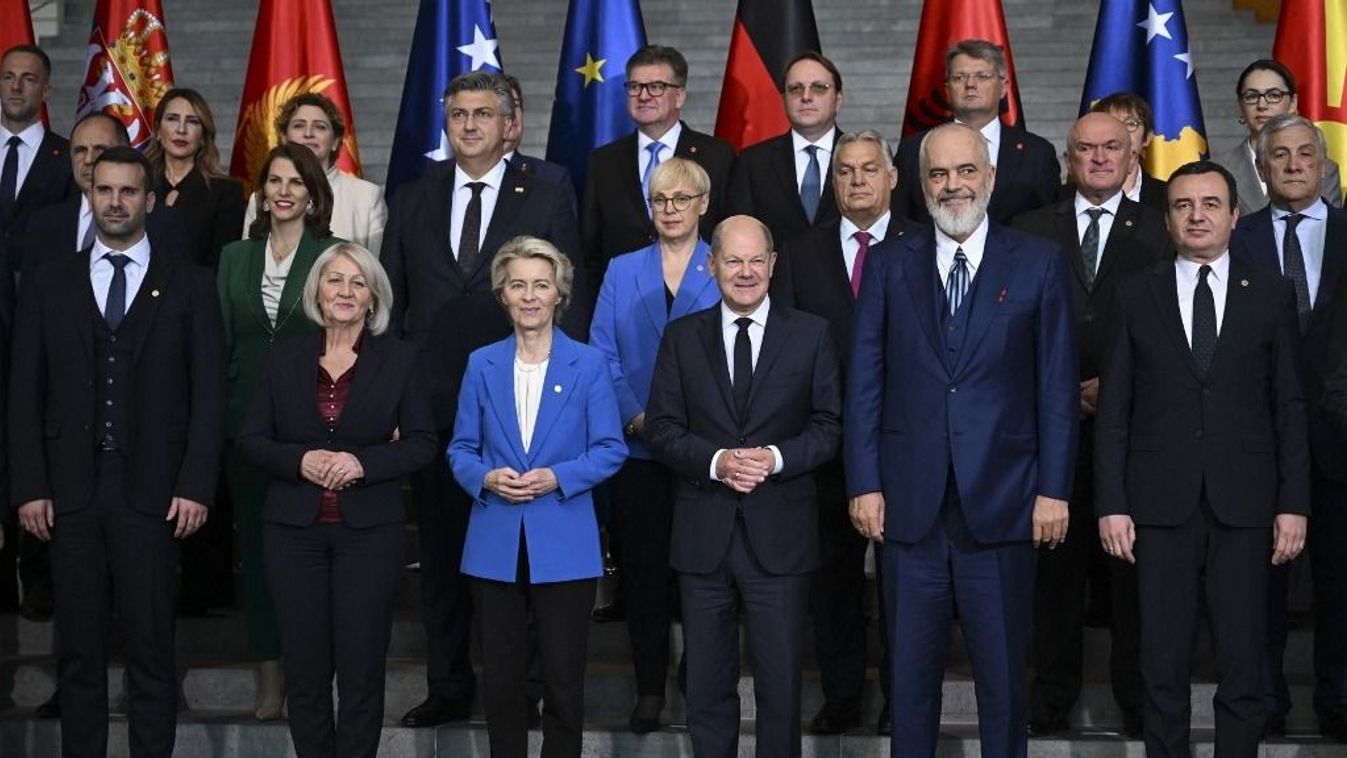
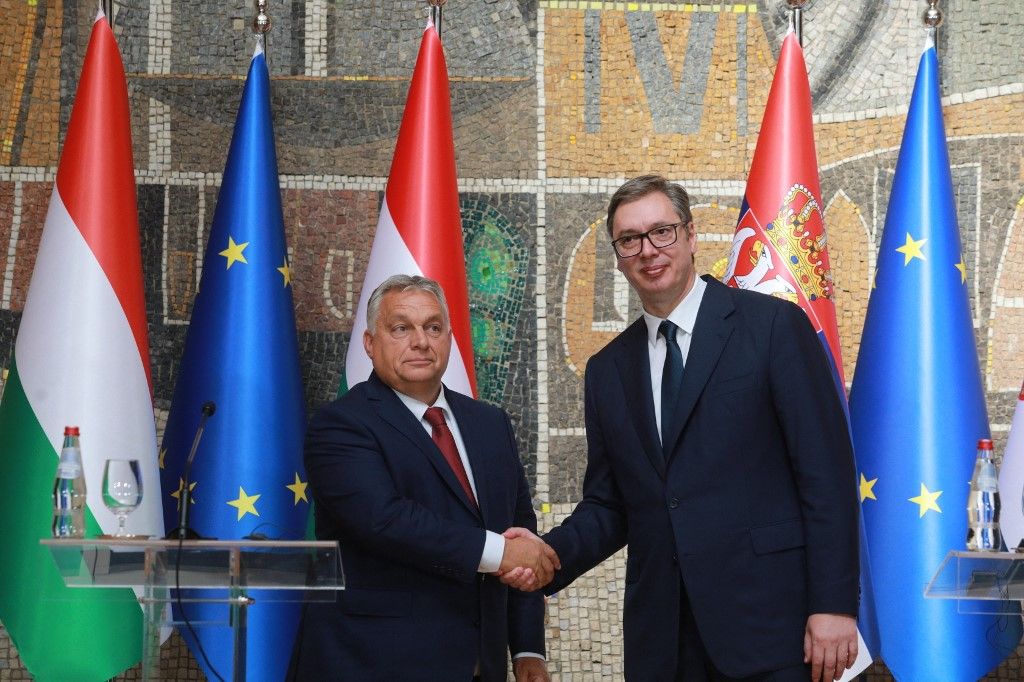
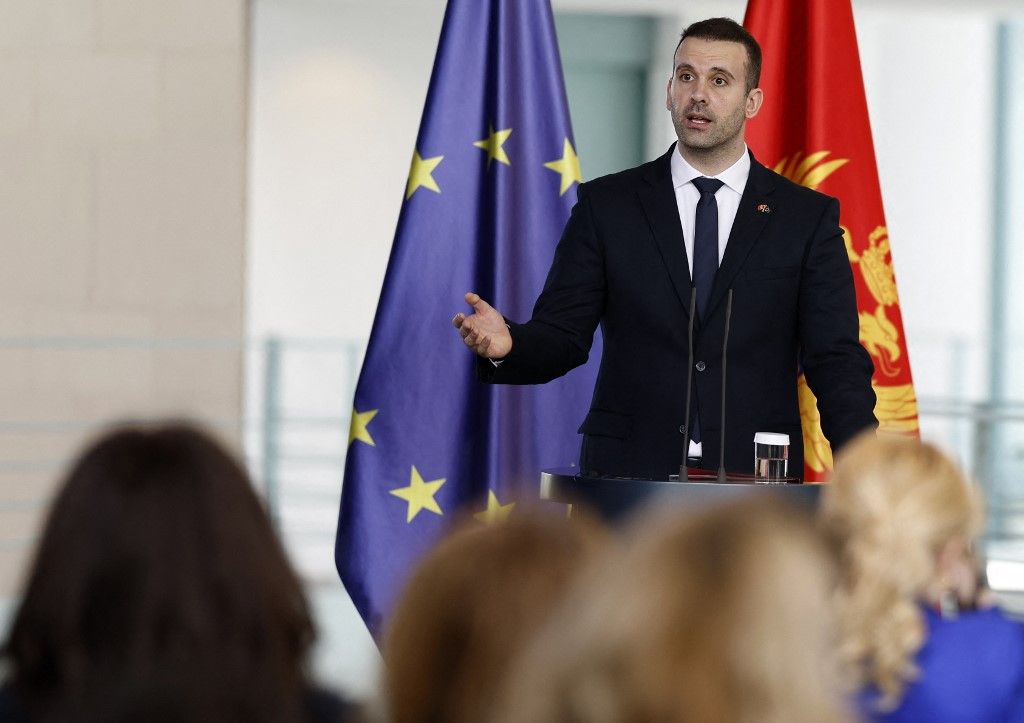

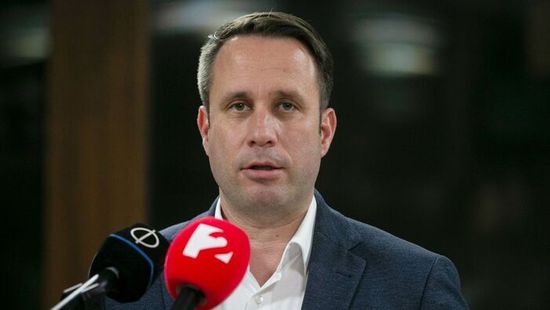
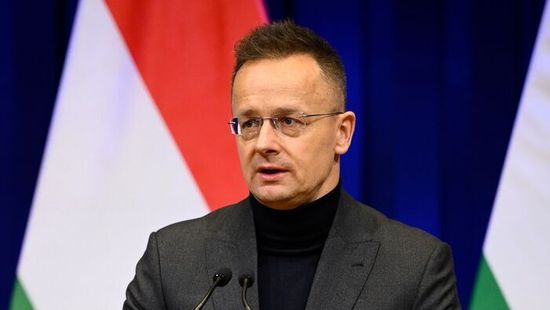
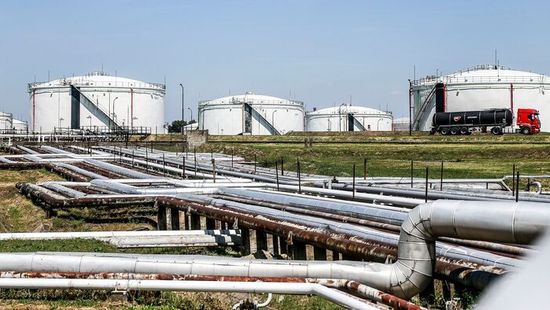

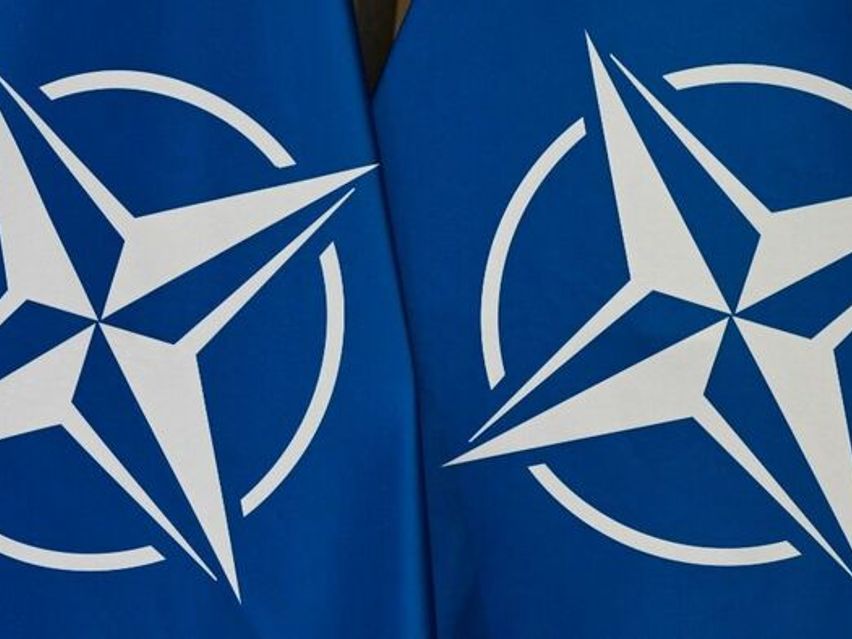
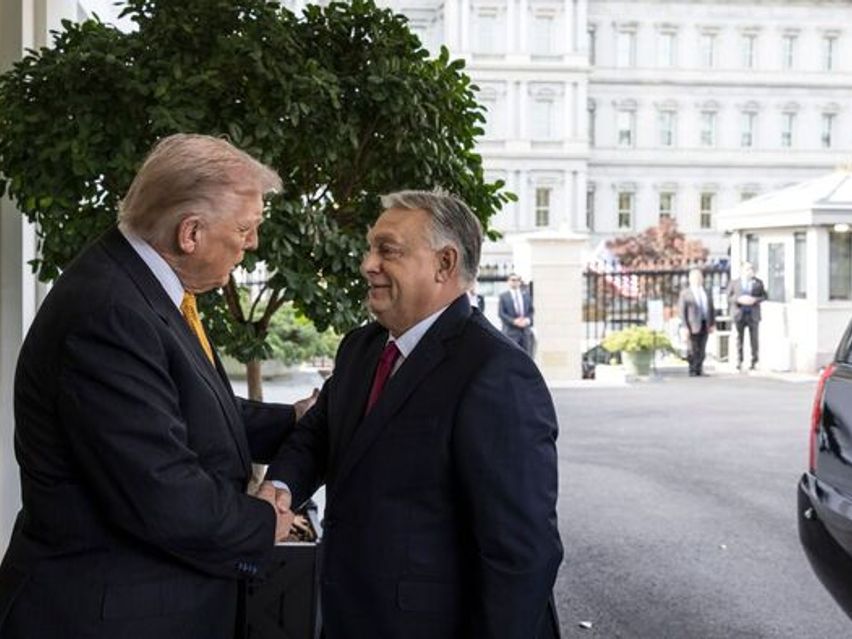







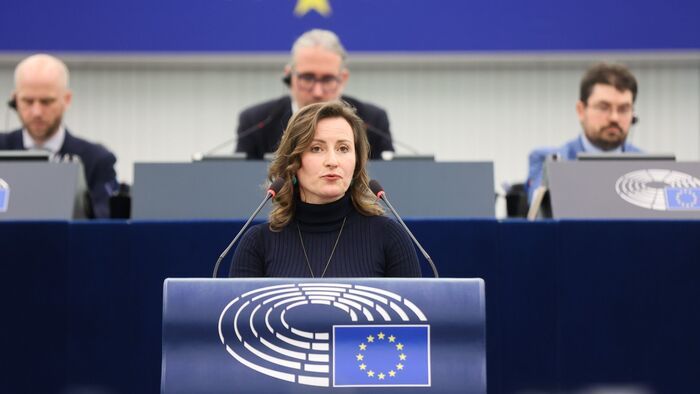

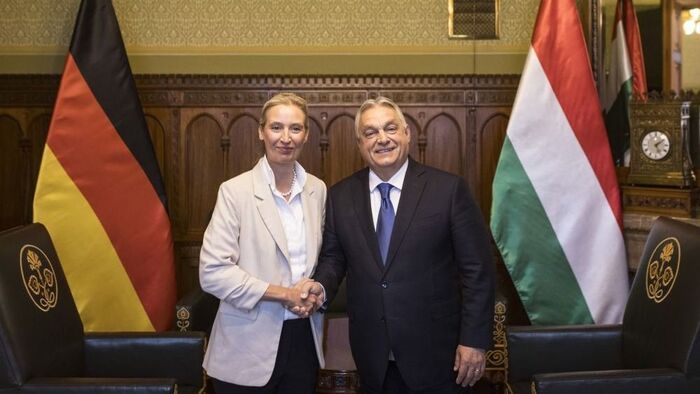


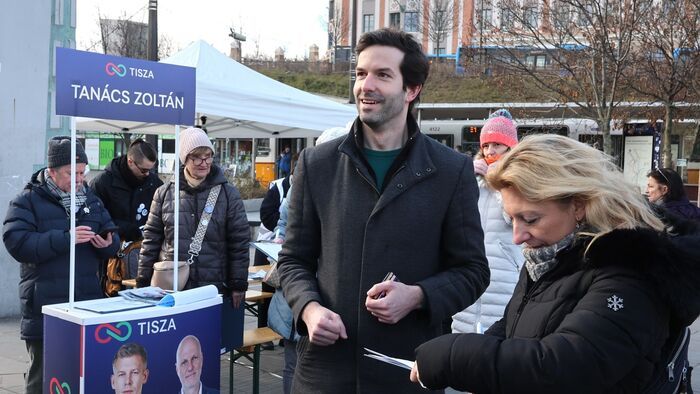
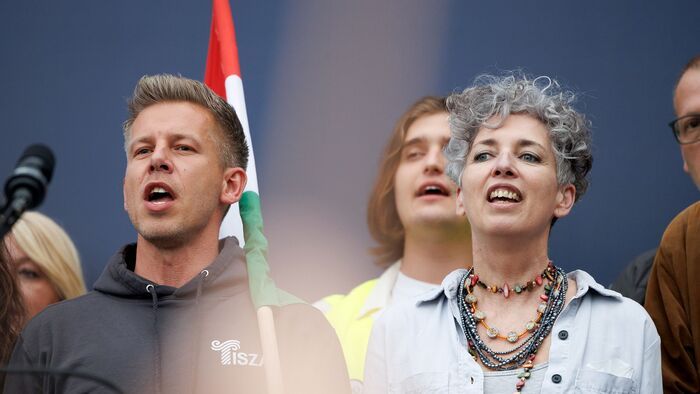

Szóljon hozzá!
Jelenleg csak a hozzászólások egy kis részét látja. Hozzászóláshoz és a további kommentek megtekintéséhez lépjen be, vagy regisztráljon!